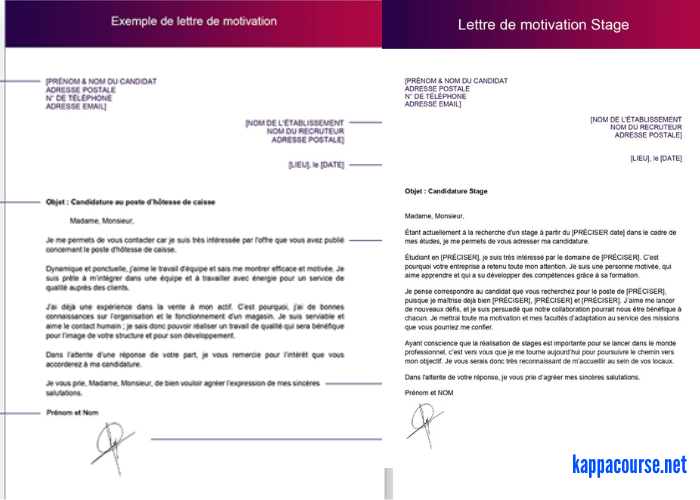Digital technology shapes every aspect of life, from communication and entertainment to healthcare and finance. Understanding and manipulating code has become as fundamental as reading and writing. Code literacy is the proficiency in understanding and using programming languages to solve problems and create new possibilities. It is no longer a specialized skill reserved for computer scientists and software developers but a critical competency for success in the 21st century. This article explores the importance of coding classes and how they prepare students for a future that is increasingly dominated by digital technology.
The Foundation of Digital Fluency
Digital fluency involves more than just the ability to use technology; it requires an understanding of how technology works and the capacity to adapt to new and evolving tools. These classes lay the groundwork for this fluency, equipping pupils with the proficiency to navigate, innovate, and lead in a digitally-dominated future. By learning to code, students gain insight into the logic and processes that underpin the digital world, enabling them to become not just consumers of technology but creators.
Bridging the Skills Gap
As industries become more reliant on technology, the demand for individuals with such skills continues to surge. However, a significant skills gap exists, with many jobs requiring suitable competencies going unfilled due to a lack of qualified candidates. Introducing these courses in the early grades can help bridge this gap, ensuring students are prepared for the workforce with the relevant talents employers seek.
Enhancing Problem-Solving and Critical Thinking
Coding is fundamentally about solving problems. It teaches students to break down complex challenges into manageable parts, think logically and creatively, and persist in the face of difficulty. These problem-solving and critical thinking skills are transferable to almost any field, making them invaluable in personal and professional contexts.
Fostering Creativity and Innovation
It is a creative process involving creative ways to use technology, designing programs, and bringing ideas to life through code. Learning to code encourages students to think beyond the box and develop innovative solutions to real-world problems. This cultivates a culture of creativity and innovation vital for success.
Promoting Equity and Inclusion
The digital divide is a stark reality, with disparities in access to technology and pertaining skills deepening social and economic inequalities. These classes can promote equity and inclusion by providing all students, regardless of background, with the abilities needed to succeed in a digital world. This prepares them for future careers and empowers them to use technology as a tool for social change.
Coding in the Curriculum: A Multidisciplinary Approach
Integrating this into the curriculum complements and enhances learning across disciplines. From using programming to analyze scientific data to creating digital art and storytelling, the applications are vast and varied. This multidisciplinary approach ensures that learners see the relevance of it in different contexts, enhancing their engagement and learning.
Preparing for the Jobs of the Future
Many of the jobs that today’s students will hold in the future do not yet exist and will require a blend of technical and soft skills. These classes prepare students for this uncertainty by teaching them how to learn new technologies, adapt to changing environments, and apply their skills in innovative ways. This adaptability is key to navigating the future job market successfully.
Building a Foundation for Lifelong Learning
The ability to learn and adjust is crucial; these classes instil a foundation for lifelong learning, teaching aspirants how to acquire new skills, stay curious, and remain open to new ideas. This mindset is crucial for personal and professional growth in a future where change is the only constant.
By integrating coding classes into education, students are equipped with the tools they need to succeed. These skills go beyond programming and include critical thinking, problem-solving, creativity, and innovation. Preparing them for success in this technological age requires a commitment to fostering these competencies, ensuring they are ready to lead in a future where technology is inextricably linked to every aspect of life.







